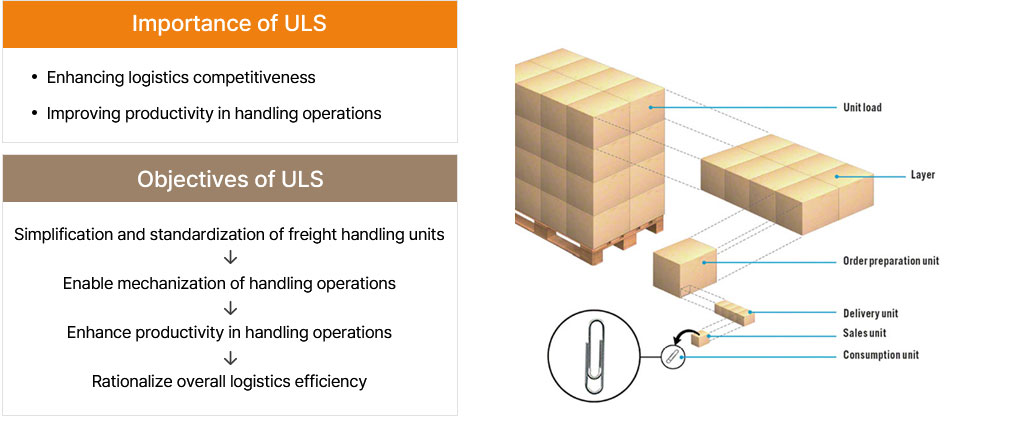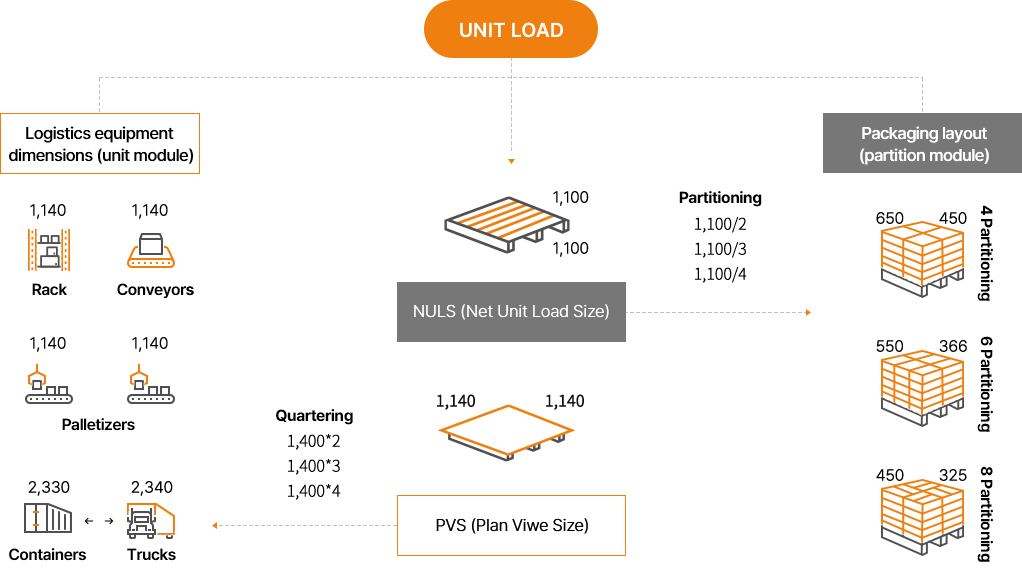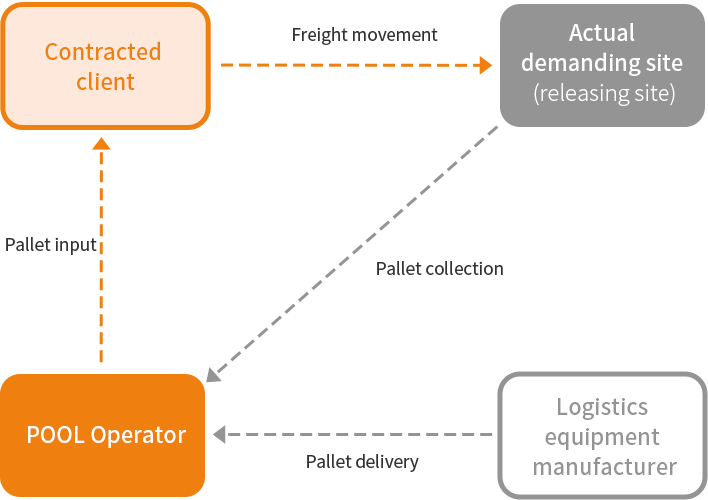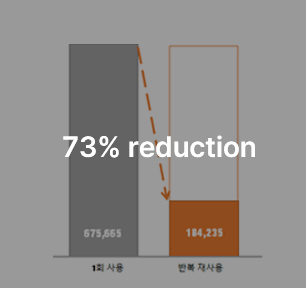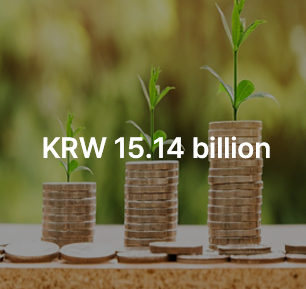Unit Load System
- HOME
- Business Field
- Unit Load System
Logistics Standardization
Logistics standardization involves the standardization of equipment and facilities used in various stages of logistics, such as transportation, storage, handling, and packaging, ensuring compatibility and connectivity.
Logistics standardization, which forms the foundation of the pooling system, begins with the Unit Load System. Pallets and containers, the fundamental units of the Unit Load System, are essential materials for the safe transportation and efficient operation of the supply chain, not only in manufacturing but also in continuously advancing and globalizing distribution networks.
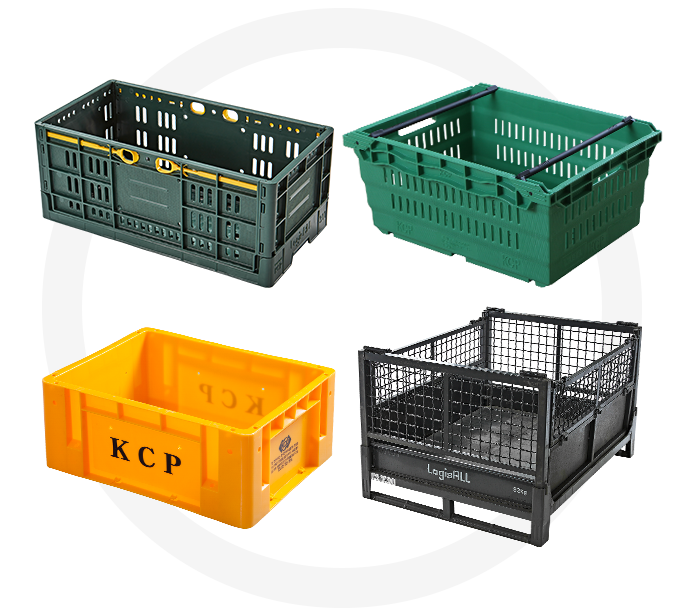
Unit Load System
Realization of Unit Load
through Logistics
Standardization and
Collaboration
Creating Environmental
Value
Product Types
Discover a wide range of KPP products prepared for various industries and purposes. →
KPP Network
Check the nearest sales offices and logistics centers for convenient service. →
Pallet Pool System Procedure
We provide detailed guidance on the procedure for utilizing the pallet pool system. →
WPPS Guide
Detailed information on ordering KPP pallets. →
